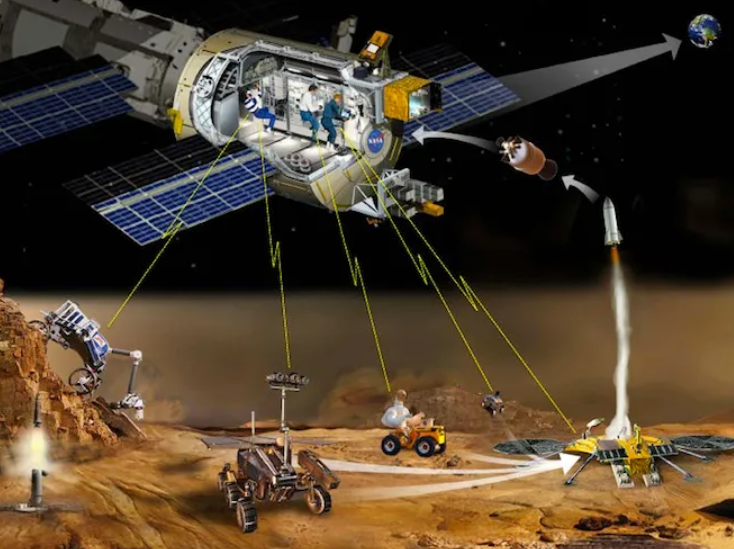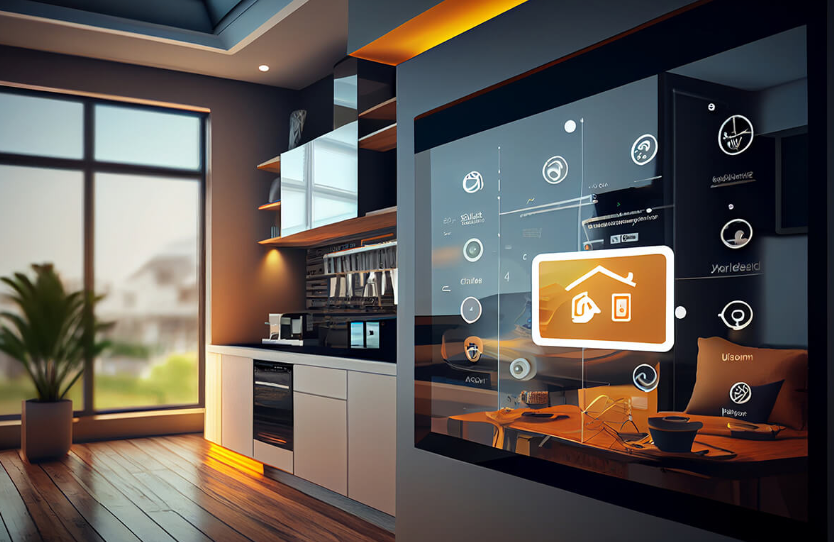The future of space exploration is increasingly shaped by technological innovations. Advancements in propulsion systems promise to reduce travel times between celestial bodies. Meanwhile, artificial intelligence is set to enhance mission efficiency and data processing capabilities. Innovations in spacecraft design will accommodate longer missions and heavier payloads. Additionally, the growing commercial spaceflight sector could redefine accessibility to space. These developments raise critical questions about their implications for humanity’s next steps in the cosmos.
Advancements in Propulsion Technology
As space agencies and private companies alike pursue ambitious missions beyond Earth’s orbit, advancements in propulsion technology have emerged as a critical focus.
Nuclear propulsion offers the potential for rapid interplanetary travel, harnessing nuclear reactions for increased efficiency.
Meanwhile, electric propulsion provides a sustainable option, utilizing electromagnetic forces to propel spacecraft.
Together, these technologies promise to expand humanity’s reach into the cosmos, fostering exploration and discovery.
The Role of Artificial Intelligence in Space Missions
While human ingenuity remains a cornerstone of space exploration, the integration of artificial intelligence (AI) has begun to redefine the landscape of space missions.
Machine learning algorithms enhance data analysis, enabling spacecraft to autonomously identify anomalies and optimize operations.
This increased efficiency allows for more ambitious missions, fostering a new era of exploration where AI empowers humanity’s quest for knowledge beyond Earth.
Innovations in Spacecraft Design and Materials
Innovations in spacecraft design and materials have emerged as critical factors in advancing the capabilities of space missions.
The integration of lightweight materials enhances fuel efficiency, enabling longer journeys and larger payloads.
Additionally, modular designs allow for customizable configurations, facilitating repairs and upgrades in orbit.
These advancements collectively empower exploration, fostering a more adaptable and resilient approach to the challenges of space travel.
See also: The Future of Smart Homes: What You Need to Know
The Impact of Commercial Spaceflight on Exploration
The emergence of commercial spaceflight has significantly reshaped the landscape of space exploration, presenting both opportunities and challenges.
Private partnerships between government entities and commercial companies have accelerated innovation, while space tourism has broadened public interest and engagement.
However, this shift also raises questions about regulatory frameworks and equitable access, necessitating careful consideration of how these developments influence future exploratory missions.
Conclusion
In conclusion, the future of space exploration is being shaped by groundbreaking technological advancements. For instance, nuclear propulsion systems could reduce travel time to Mars from six months to just 45 days, significantly enhancing mission feasibility. The integration of artificial intelligence will streamline operations, while innovations in spacecraft design will support longer missions with increased payloads. As commercial spaceflight continues to rise, collaboration between public and private sectors will usher in a new era of exploration, expanding humanity’s reach into the cosmos.




 The Future of Tech Innovation in Global Agriculture
The Future of Tech Innovation in Global Agriculture